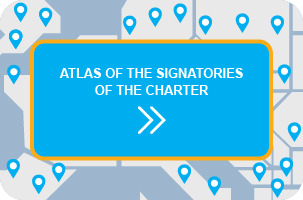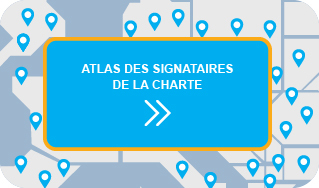Get informed
The first step to undertake, before drafting your action plan, is to conduct a diagnostic and review a wide range of information to gain a better understanding of the situation of gender equality in your local or regional authority.
The diagnostic will help you analyse the current situation in your local/regional authority from a gender perspective and will provide you with information on the needs and the interests of both women and men. You will also be able to identify areas where there are gaps and which areas you need to focus on.
Suggested actions
- Conduct a demographic study by gender of your population (e.g.: total population, population with foreign nationality or immigrant background, households, workforce according to the socioprofessional category, unemployment rate, etc.)
- Go through the chapters of the Charter compare it with the information you have for each field of competency of your local or regional authority
| Examples of fields of competencies | Examples of information to be collected |
| The political role |
|
| The employer role |
|
| The service delivery role |
|
| Planning and sustainable development |
|
- Use national or international information on key gender issues (e.g. national gender statistics), as well as information from relevant local projects
- Identify where you do not have information broken down by gender (sex-disaggregated data). This might help you to identify areas for intervention in the future, in particular in relation to priority areas for your local authority.















